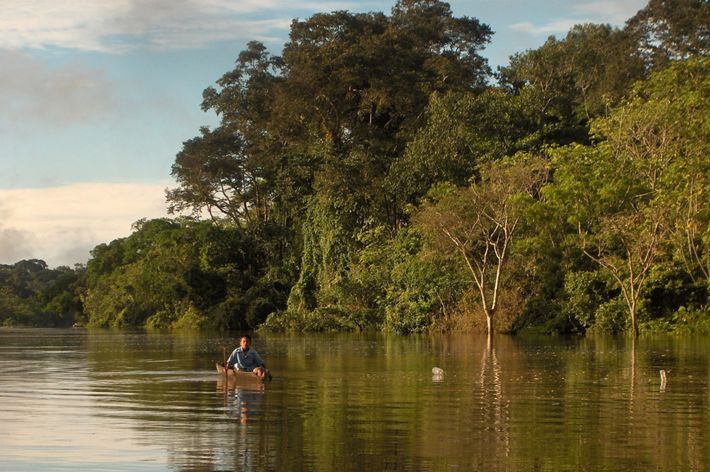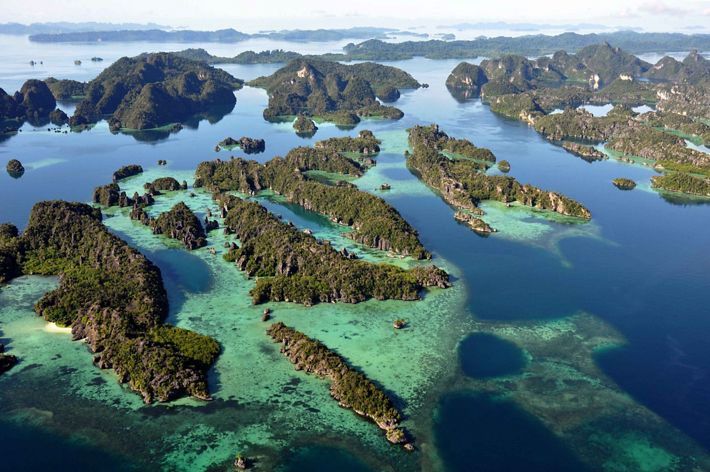Tropical Forest and Coral Reef Conservation Act
Celebrating 25 years of debt-for-nature agreements that benefit forests, reefs and people.

2024 marks the 25th anniversary of the Tropical Forest Conservation Act. This highly successful debt-for-nature program has protected more than 68 million acres of forest since Congress first enacted it in 1998.
Through this legislation, countries can take money that would have been used to pay off debt to the United States and apply it to work that protects forests and reefs. Under this program, eligible countries redirect funding to local conservation groups to use for a variety of purposes, including establishing protected areas, conducting scientific research, training conservation staff and implementing sustainable livelihood programs.
In 2019, Congress renewed its commitment by adding new countries and expanding the program’s scope to include coral reefs, renaming it the Tropical Forest and Coral Reef Conservation Act. Given how vitally important these forests and reefs are to the planet’s health, this legislation helps not just beneficiary countries but the rest of the world as well.
Twenty-Five Years of the TFCCA
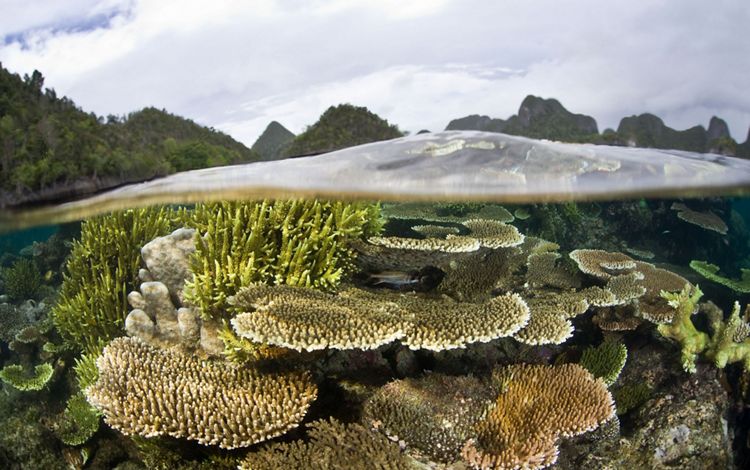

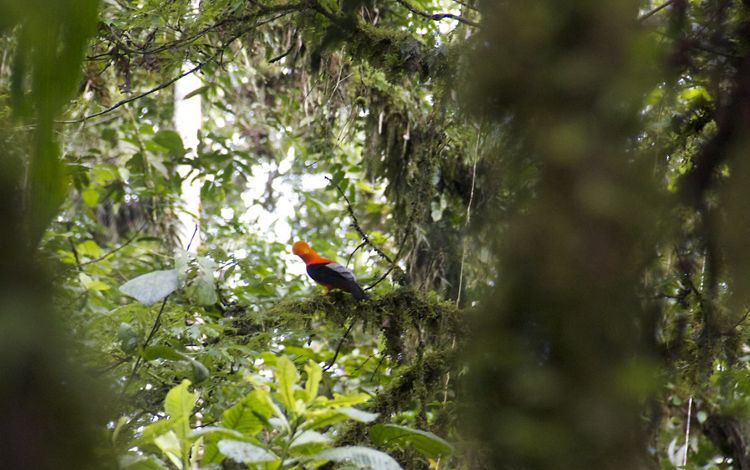
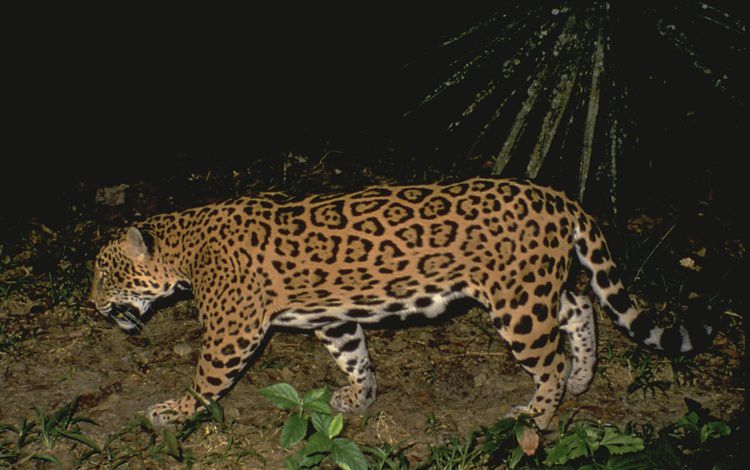

By the numbers
- TFCCA has protected more than 68 million acres of tropical forests—an area larger than New Zealand—in countries including Botswana, Brazil, Peru, the Philippines and Indonesia.
- It has enabled over $248 million in debt reduction agreements in 14 countries.
- At their conclusion, TFCCA agreements will have generated more than $360 million for conservation by inspiring additional funding from philanthropies and the private sector.
- The Nature Conservancy, Conservation International and World Wildlife Fund have brought in an additional $25.5 million in private funding to augment investments made between the United States and host governments.
Quote: Jennifer Morris
This legislation has paved the way for tremendous innovative conservation funding. In just 25 years, The Tropical Forest Conservation Act has helped to protect 68 million acres of forests and coral reefs that have both local and global significance.
TFCCA improves livelihoods, protects nature and fosters democracy
This legislation provides a range of advantages at the local, national and global levels. Communities benefit from increased income from ecotourism, healthier fisheries and sustainable harvesting of non-timber forest products, such as natural latex. Efforts to stop wildlife poaching and illegal logging also make communities safer by reducing crime.
TFCCA grants to local communities and conservation groups help to strengthen civil society and build public-private partnerships in developing countries. This supports democratic institutions at a local and national scale.
TFCCA is designed to provide a steady stream of financing for multi-year projects and programs. Steady, sustainable financing is essential to the success of long-term conservation work. TFCCA creates unique opportunities for public-private partnerships, spurring substantial donations from U.S.-based companies and nonprofits.
On a global scale, protecting tropical forests has profound benefits, from regulating global rainfall patterns to storing enormous amounts of carbon. Coral reefs are essential habitat for a quarter of all marine animals, including many commercially important fish and shellfish species.
TFCCA in Action: Peru
In 2023, Peru and the United States signed a $20 million debt-for-nature swap through TFCCA. The Nature Conservancy, Conservation International, the Wildlife Conservation Society and the World Wildlife Fund contributed a total of $3 million to the deal. Two other agreements, in 2002 and 2008, generated an additional $36 million for forest conservation in Peru.
Over the last two decades, TFCCA has funded dozens of projects to protect and restore Peru’s forests. In the Peruvian Amazon, TFCCA funds have been used to prevent illegal harvesting, support local conservation groups and pay for staff salaries in protected areas. TFCCA has supported reforestation projects in the Sacred Valley of the Incas, and trained villagers to be park rangers and guides in coastal forests.
TFCCA in Action: Indonesia
In 2024, the United States and Indonesia announced a $35-million TFCCA agreement, making it the first under the expanded scope of the program to cover marine protected areas and coral reefs. The Nature Conservancy and Conservation International pledged an additional $1.5 million and $3 million, respectively. Potential areas of focus for this agreement include the Bird’s Head Seascape in West Papua and Sunda-Banda Seascape, a vast ocean area that stretches from Bali to the Malukku Islands.
The 2024 agreement builds on three prior TFCCA agreements between the U.S. and Indonesia. In Sumatra, TFCCA has funded reforestation work and efforts to protect two critically endangered animals, the Sumatran rhinoceros and Sumatran elephant. In Kalimantan, the Indonesian portion of the island of Borneo, TNC worked with local groups to create the Berau Forest Carbon Program. This program funds community-led efforts to protect orangutans, better manage natural resources and produce sustainable, non-timber forest products such as tea and natural dyes. Community-led forest management programs have stopped more than 250,000 acres of forest from being converted to farmland and other uses.
Global Insights Newsletter
Sign up to receive our Global Insights newsletter and other select content for thought leaders who believe that, together, we can build a better future for people and the planet. We address the sustainability issues of the moment and explore potential solutions—all in a five-minute read or less.

